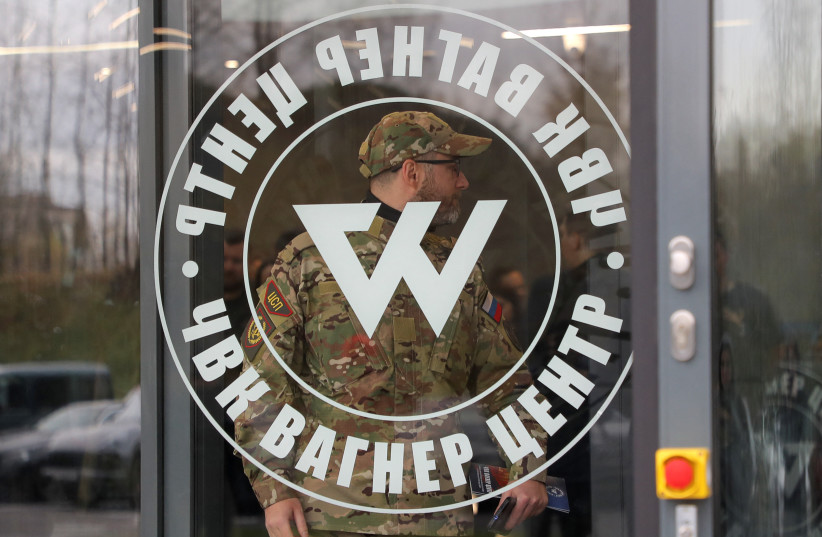40,000 Russian soldiers from the Wagner group are “either killed...or missing, or deserted, or surrendered," leaving only some 10,000 fighting, according to independent Russian outlet Meduzza.
The 40,000 form a significant part of Russia's military, as 20% of the Russian prisoners that have been recruited to fight are from the Wagner group, according to Newsweek.
Olga Romanova, head of a Russian charity, collaborated with the “My Russian Rights” project and declared in a video that prisoners who go missing are automatically declared dead. In reality, many could simply be missing or have defected, she said.
Family members of Wagner Russian fights have reportedly held funerals for their loved ones, only to find out that they are still alive in Ukraine.
One woman reportedly received a coffin from Wagner, only to discover it was empty. She said, "They told us that there was no need to open the coffin, because before sending [fighters to the war], they take some DNA, and when the corpses are found, they compare them," said the woman. "They told us that they gave us a 100 percent guarantee that it is him." The woman also added that she did not believe her husband had joined the invasion voluntarily.

Who are the Wagner group?
The Jerusalem Post reported on the group in 2022, citing the group’s mysterious formation in 2014 during the Crimean conflict. It is now known that the movement is funded and run by Yevgeny Prigozhin, a businessman who is also alleged to run the Internet Research Agency, Russia’s “troll farm.”
Recently, the United States designated the group as a transnational criminal organization. In light of this decision, all the group’s US assets were frozen. The group has also been sanctioned by the European Union.
Many of the group's members were reported to have Nazi tattoos and were allegedly named after Hitler’s favorite composer. Recently, the movement has been symbolized by a sledgehammer – as a member that attempted to abandon the war was murdered with a sledgehammer.
Russian lawmakers are currently looking over a potential law that would make criticism of the group, or their fighters, a criminal offense. This would have a significant impact on Russians that wish to criticize the Ukraine invasion, the treatment of prisoners or complaints about missing family members.
In the past, the group has been accused of practicing torture, rape and extrajudicial killings in sub-Saharan Africa.
The mercenary group allegedly fought in Syria as Russia sought to help President Bashar Assad's regime.
Reuters contributed to this article.
